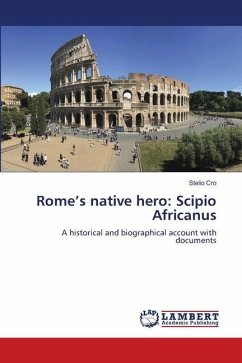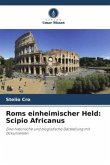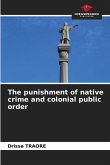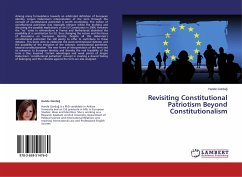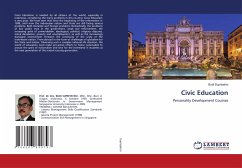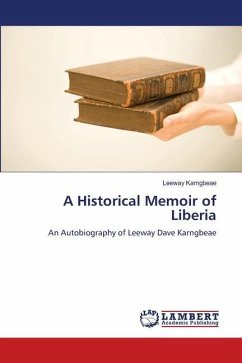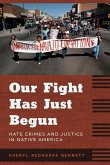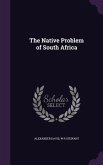In this work, the author claims that Publius Cornelius Scipio, the future Africanus, was a victim of the Roman Senate, presided by the famous Fabius Cunctator, who opposed Scipio and his plan to take his army to North Africa. Scipio claimed that the only way to defeat Hannibal was to invade North Africa and threat Carthage to the point that this North African power would recall Hannibal for her defense. He argued that the very presence of Hannibal in Italy was a constant reminder of his invincibility, a dimension admitted by the same Fabius who insisted that Hannibal could not be beaten in a pitch battle. However, as an elected Consul, Scipio had the authority to convene a Comitia Centuriata, held at the Campus Martius. The vote at that meeting was final and by law could not be discussed. The result of the vote was unanimously in favor of Scipio's argument. This Consul did not waste any time to prepare the invasion of North Africa, with the resulting Roman victory at the battle of Zama. This important event marked the end of the Second Punic War, with the defeat of Carthage that had sponsored Hannibal's invasion of Italy.

